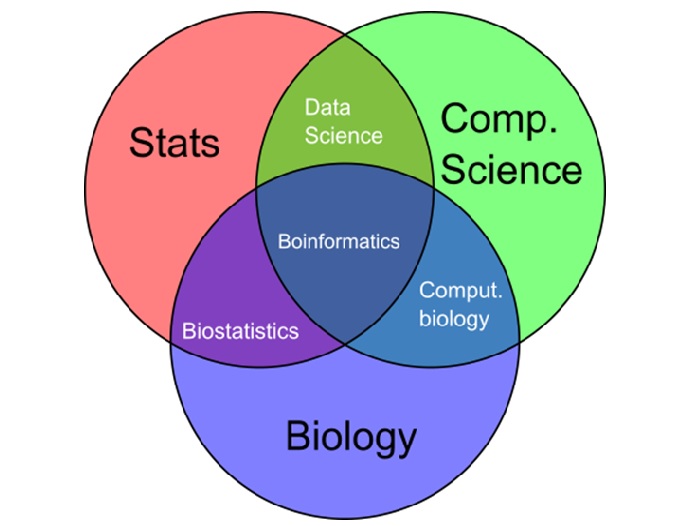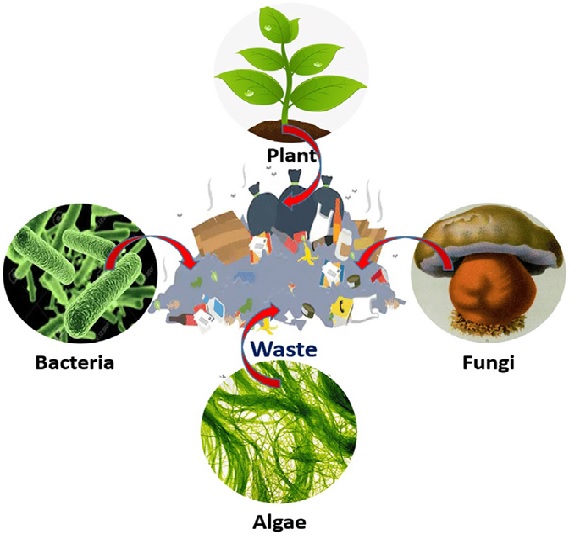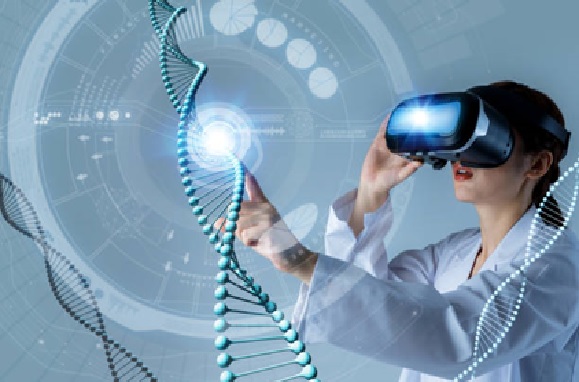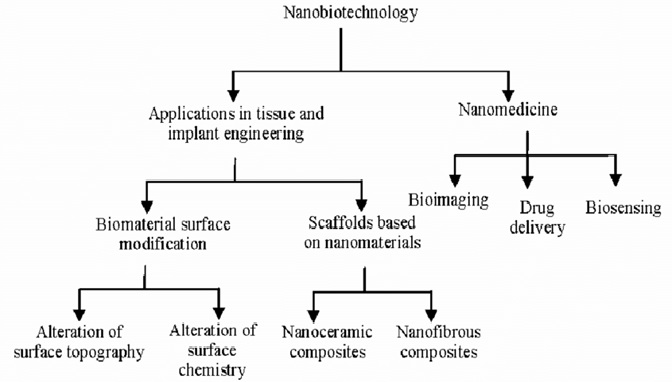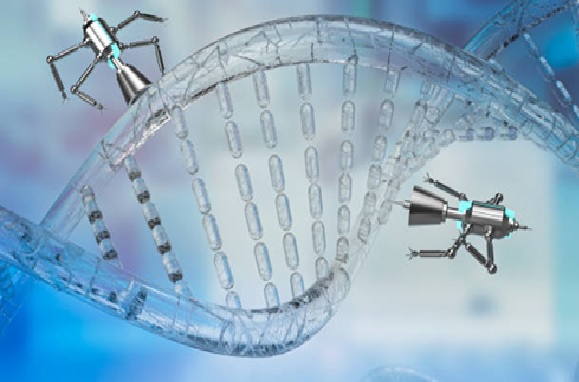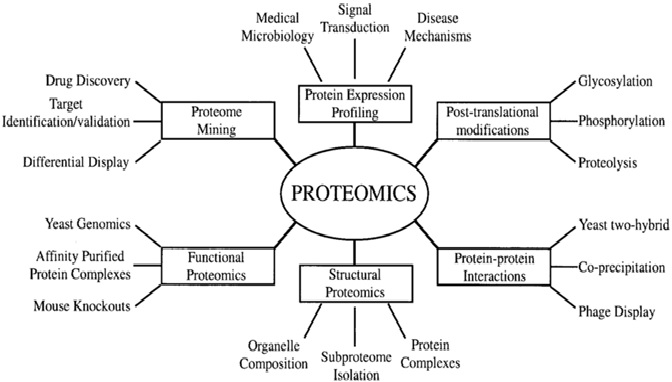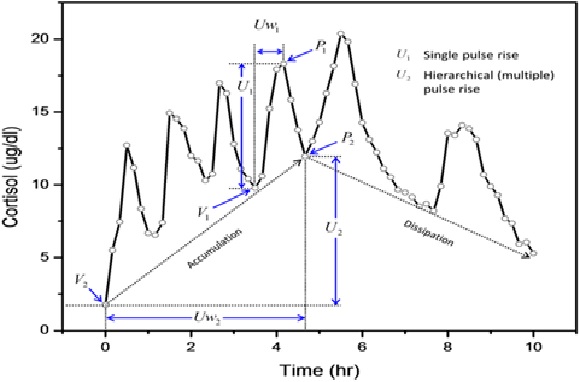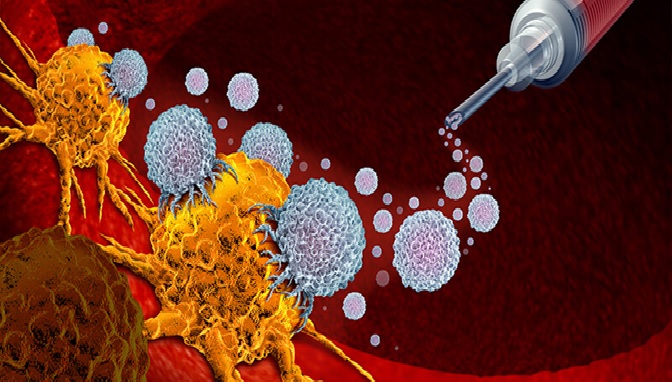Animal Microbiome Research
The study of the microbiomes of animals, including livestock and pets, and their impact on animal health, nutrition, and productivity.
CRAMdb (a database for composition and roles of animal microbiome) is a comprehensive resource of curated and consistently annotated metagenomes for non-human animals. It focuses on the composition and roles of the microbiome in various animal species. The main goal of the CRAMdb is to facilitate the reuse of animal metagenomic data, and enable cross-host and cross-phenotype comparisons. [1]
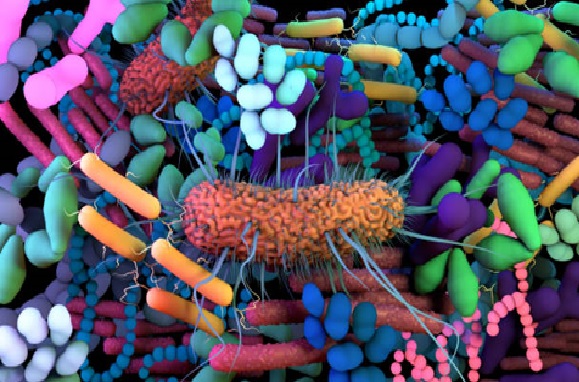
Figure .1 Animal Microbiome Research
Figure 1 shows Microbiome research is a rapidly growing field that focuses on the study of the microorganisms that live in and on humans, animals, plants, and the environment. The microbiome refers to the genetic material of these microorganisms, including bacteria, viruses, fungi, and other microbes.
Some of the current trends in microbiome research include:
- Human microbiome research :The study of the human microbiome and its impact on health and disease, including the role of the gut microbiome in metabolic disorders, autoimmune diseases, and mental health.
- Animal microbiome research:The study of the microbiomes of animals, including livestock and pets, and their impact on animal health, nutrition, and productivity.
- Environmental microbiome research:The study of the microbiomes of soils, water, and other environmental samples, and their impact on ecosystem function and resilience.
- Microbiome engineering:The use of synthetic biology and genetic engineering techniques to manipulate microbial communities for various applications, including the development of probiotics, biofuels, and bioremediation technologies.
- Microbiome informatics:The use of computational tools and machine learning algorithms to analyze and interpret large-scale microbiome data sets, and to identify microbial signatures of health and disease.
- Microbiome therapeutics :The development of microbiome-based therapeutics, including fecal microbiota transplantation (FMT), which involves transferring healthy microbiota from a donor to a patient to treat a range of disorders, including Clostridioides difficile infection and inflammatory bowel disease.
Microbiome research has the potential to revolutionize our understanding of the role of microorganisms in human and animal health, agriculture, and environmental sustainability. However, there are still many challenges and limitations associated with microbiome research, including the need for standardized methods and protocols, improved data sharing and integration, and ethical considerations around the use of microbiome-based interventions. Ongoing research and development, as well as collaborative partnerships between researchers, clinicians, industry, and policymakers, will be critical to realizing the full potential of microbiome research.
References:
- https://academic.oup.com/nar/article/51/D1/D700/6786202
Cite this article:
Janani R (2023),Animal Microbiome Research, AnaTechMaz, pp.133


